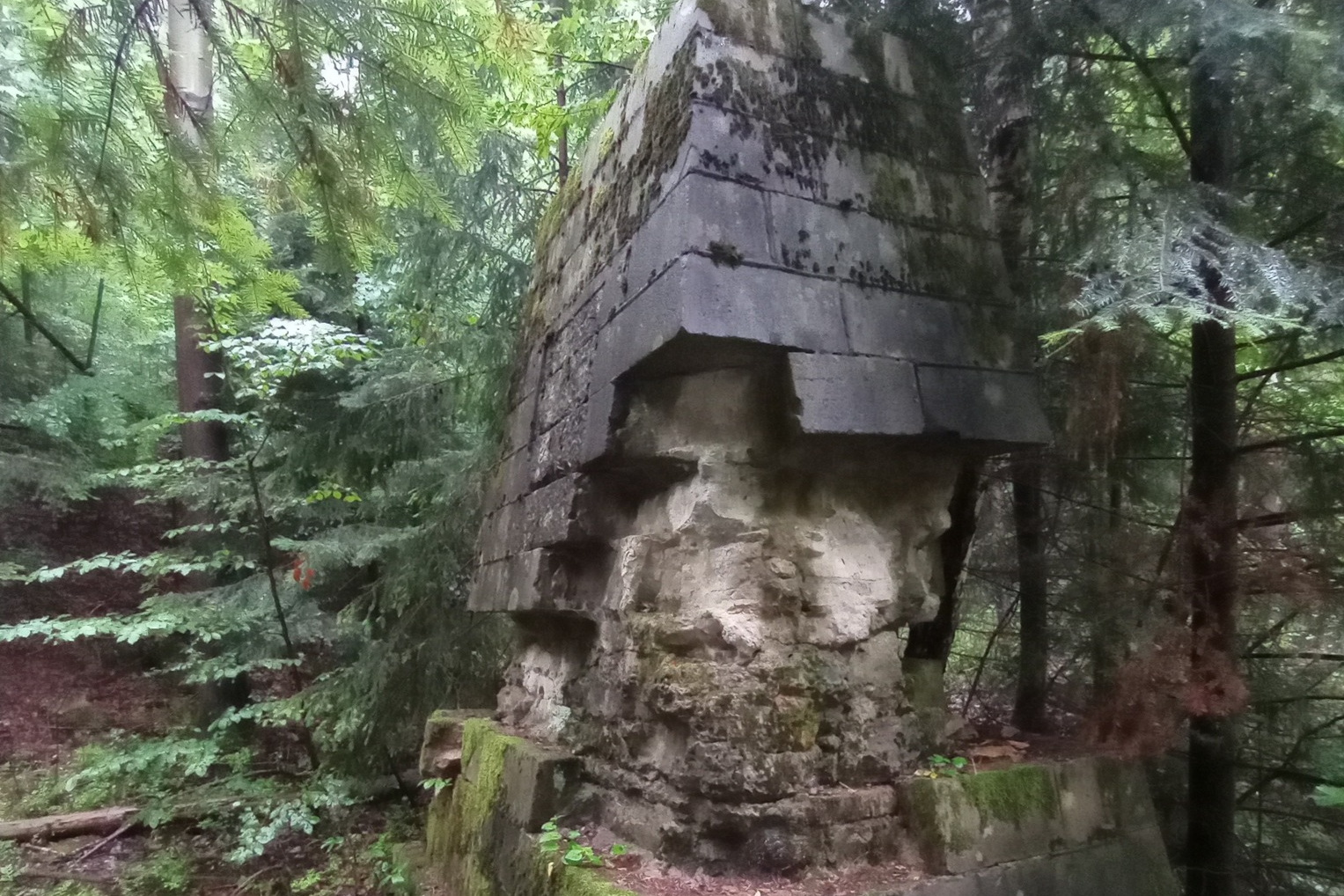The improvement of civic society across the post-Soviet space varies importantly and is shaped by each country’s political trajectory. While countries like Ukraine, Moldova and Georgia have fostered vibrant civic sectors, others, specified as Belarus and the countries of Central Asia, have seen civilian society stay under strict state control. In Azerbaijan civic initiatives do exist, yet they frequently face serious legal and organization restrictions. In fact, if 1 would claim that civilian society cannot monitor the authorities in Azerbaijan, but that this can happen vice versa, it would not be an exaggeration.
Civic participation in Azerbaijan began to take form in the late 1980s erstwhile people, especially intellectuals in the capital, started organizing secretly due to fear of russian repression. After independence, the 1990s saw a surge in civic activity, fuelled by vulnerability to western democratic ideals and the emergence of a mediate class. The Nagorno-Karabakh conflict further catalysed mass mobilization, making civic participation a crucial force in Azerbaijan’s early post-Soviet political landscape.

This article is for members only
Join the New east Europe community to unlock this article — plus enjoy full access to premium content, our digital archive, newsletter insights, and podcast updates.
BECOME A MEMBER!
Already a member? Sign in to read the full article.








